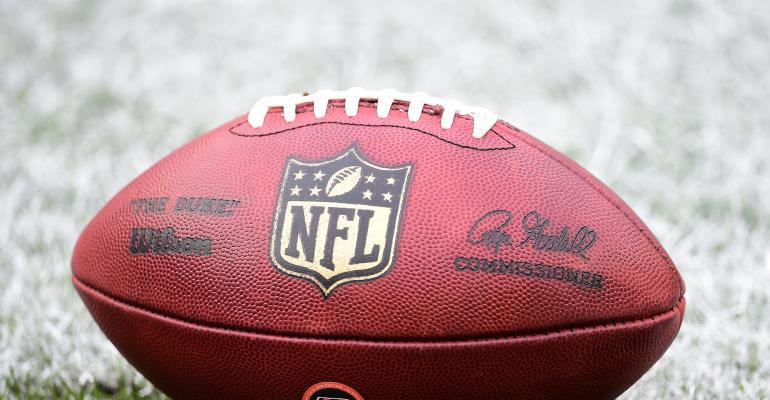On Aug. 27, National Football League owners voted to allow pre-selected private equity firms to buy up to 10% stakes in its teams. The NFL was the last holdout among North American sports leagues to greenlight passive private equity ownership. This development will allow private equity investors named in the agreement to participate in an investment with little downside risk and a lot of prestige, industry experts say. But it might be years, if ever, before individual investors might get their own crack at the NFL.
Private equity ownership of minority stakes in professional sports teams has been on the rise for several years. As of late August, 63 major North American sports teams valued at $147.6 billion had private equity connections, according to private markets research firm PitchBook. A few players targeting league sports such as basketball, baseball and soccer have allowed qualified purchasers and even accredited investors to participate through mechanisms such as co-investments and tender offer funds. However, the terms of the NFL agreement appear more stringent than those for other leagues, which will likely bar individual investors from participation for the foreseeable future.
Potential private equity buyers pre-vetted and approved by the NFL include Arctos Partners LP, Ares Management Corp., Sixth Street and a Blackstone, Carlyle, CVC, Dynasty Equity and Ludis consortium. Funds operated by these firms will be allowed to invest in multiple NFL teams simultaneously but will not be able to hold stakes greater than 10% in any franchise and will be required to hold the investments for at least six years. In addition, once the private equity investors dispose of their stakes, they will have to share an undisclosed portion of their profits with the NFL, according to Kyle Walters, an associate analyst with PitckBook.
According to Michael Goldberg, senior vice president and sector lead for corporate ratings and sports finance at DBRS Morningstar, the move will allow the NFL to support rising team valuations by expanding the potential pool of investors.
“There are only so many billionaires out there who can afford NFL teams right now because the valuations are so high,” Goldberg said. “So, by allowing private equity firms who have lots of capital to buy up to 10% of a team is going to support those valuations and probably result in those valuations continuing to increase.”
A tally by CNBC found the average NFL team valuation currently stands at $6.49 billion, an uptick from $5.1 billion last year. The Dallas Cowboys have the highest valuation at $11 billion and the Cincinnati Bengals the lowest, at $5.25 billion. The 32 teams bring in anywhere from $546 million to $1.22 billion in revenue annually.
On the private equity side, Goldberg added that the NFL’s stable revenue growth and the publicity these firms will be able to amass through their association with the league will likely generate more interest from the broader private equity world than just the firms that have been pre-vetted by the NFL so far.
“You can think of the NFL as the crown jewel of all crown jewels in terms of these [sports] leagues because it’s the largest, most profitable league,” Walters said. “It’s one of the largest in terms of viewership worldwide.”
But that’s precisely why the entry for high-net-worth investors who are not outright buying stakes in these football teams might be barred for the foreseeable future, he noted. There are already enough LPs who would be interested in participating in NFL-focused private equity funds, so they may not need the extra dollars from the private wealth channel. At the same time, the NFL remains focused on maintaining its exclusivity, which is why it took the league so many years to approve private equity investment and is limiting who can participate. According to Walters, the league may not want to democratize access too much and dilute its brand.
“I think that’s one of the things they are trying to preserve and one of the reasons why there is only a handful of private equity investors that are allowed to invest in the league in the first place. That is a big part of the whole ordeal—you are one of the few members in this super-exclusive club, and to dilute that would not be something that the owners, or probably the league, would be interested in,” he said.





